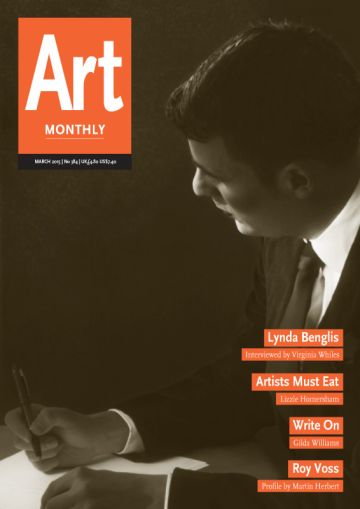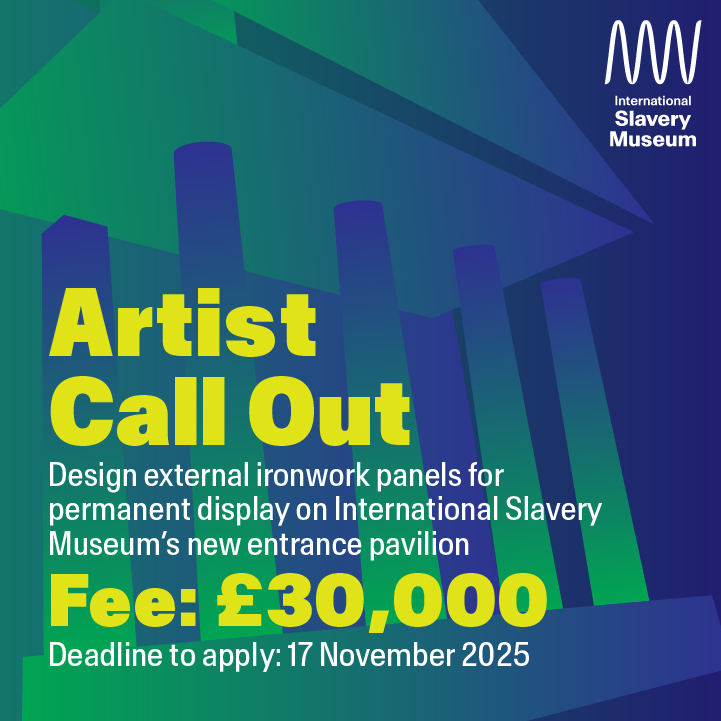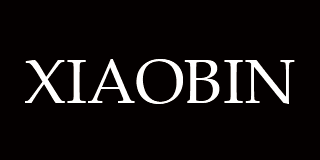Art Monthly 384
March 2015
Lynda Benglis
Interviewed by Virginia Whiles
Artists Must Eat
Lizzie Homersham
Write On
Gilda Williams
Roy Voss
Profile by Martin Herbert
Buy Now – select:
Want to read this right now?
Get instant access to the entire back catalogue via Exact Editions from only £8.99!
Contents
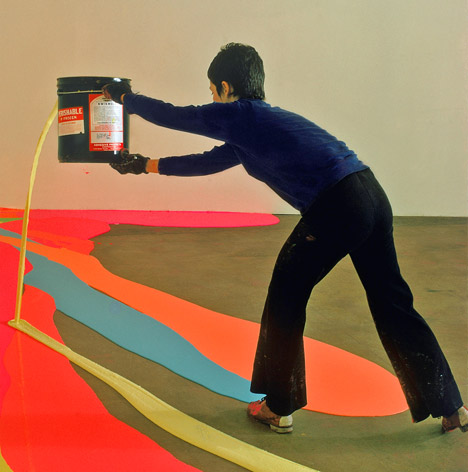
Lynda Benglis 1970
photo Henry Groskinsky
Interview
Going with the Flow
Lynda Benglis interviewed by Virginia Whiles
Lynda Benglis emerged in the 1960s as part of an influential generation of process-based American sculptors. Here she discusses how to work collaboratively with traditional artisans, the sense of proprioception and its importance to sculpture, and how we all might learn to be beneficiaries of pain.
'Above all, I am interested in gravity, the sense of the body when you look up at something. I remember Clement Greenberg was said to have provoked Morris Louis with the question, "What's up or down? What's correct?" But for me there is no up or down. I depend on gravitational pull – Greenberg couldn't turn my floor pieces upside down!'
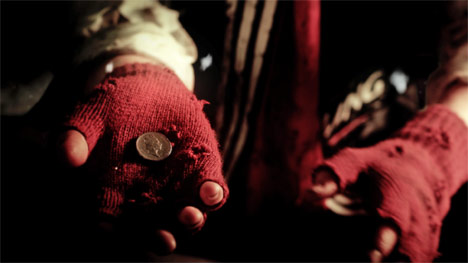
Rachel Maclean Please, Sir... 2014
Feature
Artists Must Eat
But at what price asks Lizzie Homersham
A number of post-internet artists are now embracing patrons whom other artists are choosing to boycott. Is it perhaps something about the disembodied nature of the digital sphere that makes post-internet artists take up the 'starving artist' plea?
'In two memorable tweets posted in the months before the call to boycott Zabludowicz appeared, artist Huw Lemmey quipped, "Top diet tip: I've lost 6 pounds since I started relying on arts organisations paying invoices on time in order that I can eat." And: "Nothing tastes as good as freelance feels."'
From the Back Catalogue
Just Say No James Odling-Smee on a proposal to ban corporate sponsorship of the arts
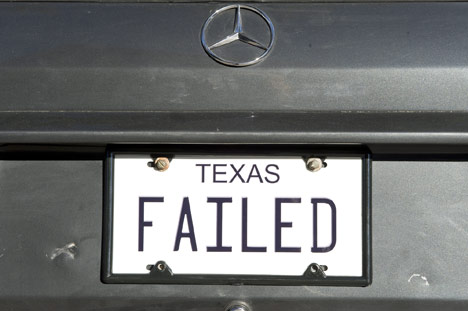
Jill Magid Failed States 2011
Feature
Write On
Gilda Williams on today's art-writing explosion and the tyranny of the artist's statement
With the current boom in art-writing being marked not only by a new breed of art criticism but also by tenaciously text-based artworks from the likes of Gerry Bibby, Jill Magid and Katrina Palmer, isn't it time to challenge the hackneyed form of the artist's statement?
'Some artists' practices deliberately eschew and resist translation into language; for these artists, writing that hateful artist's statement may represent a kind of mild punishment, a hazing ritual in the passage towards becoming fully fledged, fully exportable, fully 21st-century artists.'
Comment
Editorial
Drip, Drip, Drip
As David Cameron, backed by culture minister Ed Vaizey, leads calls for a crackdown on public use of encryption technologies, the issue of civil liberties in this brave new world of permanent self-surveillance becomes increasingly pressing.
'In a personal manifesto, Edward Snowden has said: "I don't want to live in a world where everything I say, everything I do, everyone I talk to, every expression of creativity or love or friendship is recorded." In his former role as a systems administrator, he recalls seeing NSA analysts – 18 to 22-year-olds – "searching through the haystacks" of data in a culture where the passing around of nude photographs was seen as one of the "fringe benefits of a surveillance position".'
Letters
Just Go
Morgan Quaintance calls on Iniva's top brass to resign en masse.
Artnotes
Tate finally reveals how much it received from BP; the National Gallery continues on a collision course with its striking staff; the V&A security team pulls a devotional image of the Prophet Muhammad from its website; the latest news on galleries, appointments, prizes and more.
Obituaries
Katy Dove 1970-2015
Submissions: Send news items to artnotes@artmonthly.co.uk
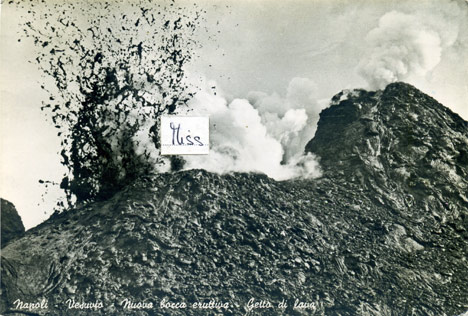
Roy Voss Miss 2015
Profile
Roy Voss
Martin Herbert on the British artist
Roy Voss, with his subtle doublings and nimble inversions, has an economical way of flip-flopping the viewer's understanding of both his artworks and the landscapes that they reference.
'Outwardly, the process Roy Voss used to make the works in his current show at Matt's Gallery, "All The World's a Sunny Day", could hardly be simpler. But then you look, and the unfolding begins.'
Reviews
Exhibitions
Adventures of the Black Square
Whitechapel Art Gallery, London
Mark Prince
How to Construct a Time Machine
MK Gallery, Milton Keynes
Paul Carey-Kent
Sarah Sze
Victoria Miro, London
Cherry Smyth
Grace Schwindt: Only a Free Individual Can Create a Free Society
Site Gallery, Sheffield
Adam Pugh
Rachel Reupke: Letter of Complaint
Cubitt, London
Marina Vishmidt
Park Chan-kyong and Lina Selander
Iniva, London
Mark Wilsher
Leonce Raphael Agbodjelou: Code Noir
Jack Bell Gallery, London
Paul Carey-Kent
London Round-up
Southard Reid • Vitrine • Bosse & Baum
Nick Warner
North-west Round-up
Harris Museum and Art Gallery • Grundy Art Gallery • Abbot Hall Art Gallery
Bob Dickinson
Dublin Round-up
Project Arts Centre • Kerlin • TBG&S
Joanne Laws
Reviews
Books
TaTa Dada: The Real Life and Celestial Adventures of Tristan Tzara
John Douglas Millar on Marius Hentea's study of the daddy of Dada
'Like Walter Benjamin, he wanted to convert the surrealist dreamer's gaze into a political stare and he became increasingly involved in politics as the war loomed.'
Report
Letter from Cardiff
New Chapter
Brychan Tudor finds cause for optimism in south Wales
'In the wake of its failed European Capital City of Culture bid in 2008, talk of culture at local government level was redirected towards historically safe and trusted traditionalisms. This short-sighted stubbornness pegged Cardiff back in terms of its cultural development as a city. While Cardiff stalled, other cities such as Glasgow and Liverpool explored the regeneration potential of visual art through dynamic public art commissions and international visual arts festivals. Even local civic rival Swansea left Cardiff behind.'
Artlaw
Public Policy
Regulating the Art Industry
Henry Lydiate
'At the World Economic Forum event at Davos in Switzerland in January 2015, the economist Nouriel Roubini made a significant public attack on the global art market: "Regulation is required in the art market because it suffers from tax evasion, money laundering, price manipulation and trading on inside information." These remarks were addressed to the most prestigious and influential annual gathering of international business and political leaders, economic academics and journalists.'
Listings
Events
London Art Calendar
The updated events and exhibitions calendar can also be viewed online.
Exhibitions
Exhibition Listings
Art Monthly's exhibition listings can be viewed online.

